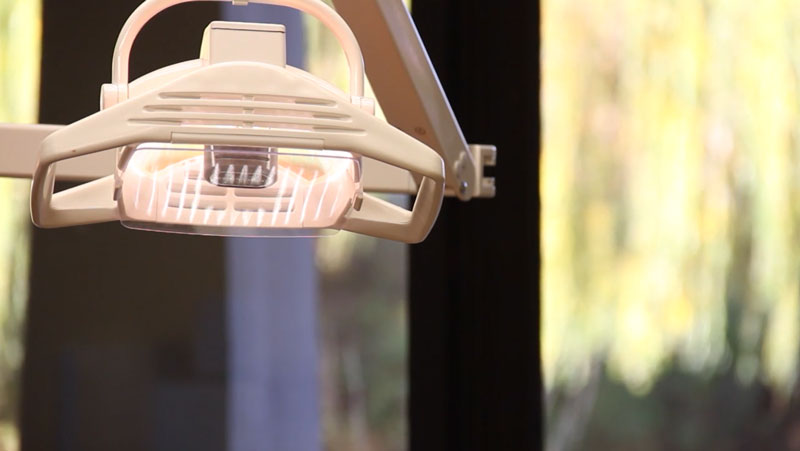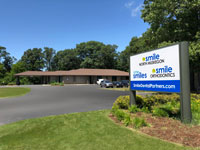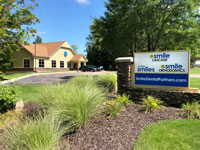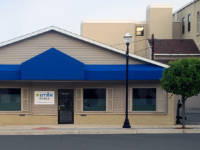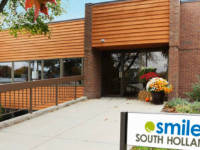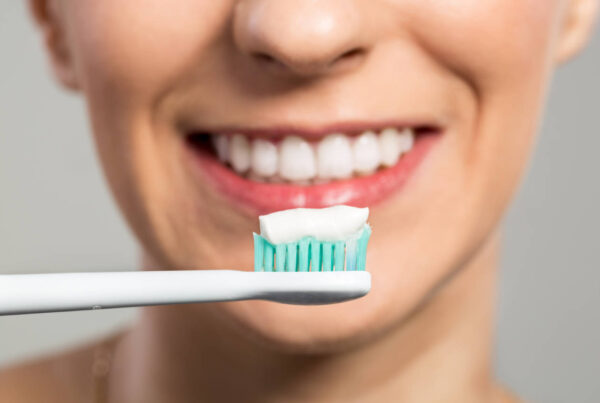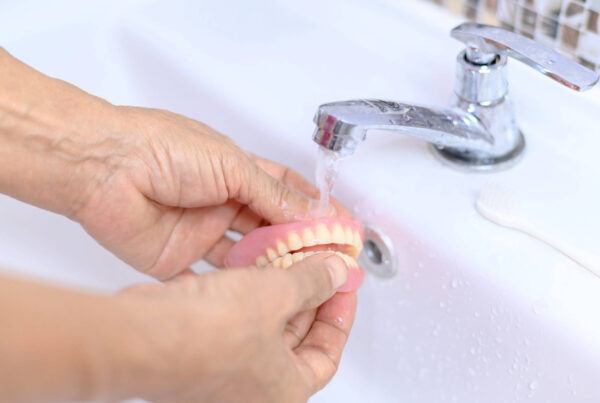At Smile Dental Partners, our goal is to ensure you have a healthy, radiant smile! That is why we put your comfort and convenience at the forefront of our approach.
To meet our adult and teen patients’ dental needs, we offer a wide range of services within preventative, restorative, and cosmetic dentistry. Our team members are industry experts and utilize the latest technology in order to provide you with the best possible care.

What to Expect from Your First Visit.
During your first visit one of our treatment coordinators will sit down with you to get to know you better. You will be able to discuss your dental habits, goals, and any concerns that you may have. This will allow our team to supply you with the necessary resources so you can make informed decisions. From there we will:
- Take x-rays to assess the position of your teeth
- Conduct a thorough examination of your teeth, gums, and jaw
- Remove any plaque and tartar from the teeth and gum line
- Perform a thorough dental cleaning
- Carefully inspect each tooth for signs of concern
- Schedule your next appointment
FAQ’s
What is a proactive dental approach?
Here at Smile, we believe that proactive dentistry is the best way to ensure long-term dental health. When you come to us with a problem, we don’t want to “watch it” to see how it progresses and if it grows into a bigger issue. We believe in treating as soon as possible, giving you the best possible care.
Can I eat before a dentist appointment?
In short, YES!
It is actually recommended to eat a high-protein and high-carb meal prior to your general dentist appointment. It will help keep you feeling full longer, as well as allow you to feel more relaxed and reduce any dental anxiety.
However, you may want to brush in between your meal and appointment to remove any excess food particles. It is also a good idea to avoid sugary foods and drinks, sticky foods, and food containing food coloring as these can make it more difficult for the dental team to clean and evaluate your teeth.
Why are dental appointments important?
It is important to see your dentist every six months for a variety of reasons. These semi-annual appointments allow your dentist to check for issues that you might not be able to see or feel and catch dental issues in their early stages before they manifest into more complex issues.
At an appointment, your dentist can also:
- Screen for early signs of diseases
- Check your fillings
- Check your lymph nodes and lower jaw joints
An appointment is also a great opportunity to discuss any concerns or desires you may have with your dentist.
How often should I brush and floss?
The American Dental Association (ADA) recommends brushing twice a day and flossing at least once a day.
For more advice on dental hygiene, check out these articles:
How to Properly Clean Your Teeth
Smile Dentist Tips for Oral Care Between Appointments
Is it Important to Brush Your Tongue?
It’s been a long time since I’ve visited the dentist. What do I need to do?
Leading up to a visit, it is a good idea to brush and floss twice daily and mentally prepare yourself for x-rays, a comprehensive dental exam, and an extended cleaning. Otherwise, all you need to do is schedule an appointment!
At Smile Dental Partners, we understand that there are various reasons people don’t regularly visit the dentist. No matter the reason, we will do our best to make it an easy and stress-free experience!
What do I do during a dental emergency?
While not fun, dental accidents and emergencies are common and have a tendency to occur when least convenient. The most common emergency dental cases people experience are a knocked out tooth, uncontrolled oral bleeding, or an oral infection. A chipped or cracked tooth may also qualify as an emergency if a sharp fragment is left behind and or it is causing severe pain.
If you are experiencing a dental emergency, the most important thing is to remember to stay calm and apply pressure to stop any potential bleeding. From there, call your Smile location, in most cases there will be an on-call dentist for emergencies like the ones previously mentioned. If the emergency includes trauma to the face or jaw, it is best to visit an urgent care or local ER to ensure there are no underlying issues.
How do I handle a knocked out tooth?
If the emergency involves a tooth that has been knocked out, it is important to act quickly. If the tooth cannot be placed back into the socket, it is crucial to keep it moist at all times. The ideal practice is to place the tooth in milk, however if none is on-hand, position it in between your cheek and gums. Water should only be used as a last resort as it can cause the root cells to swell and burst, reducing the chances of a successful reimplementation.

